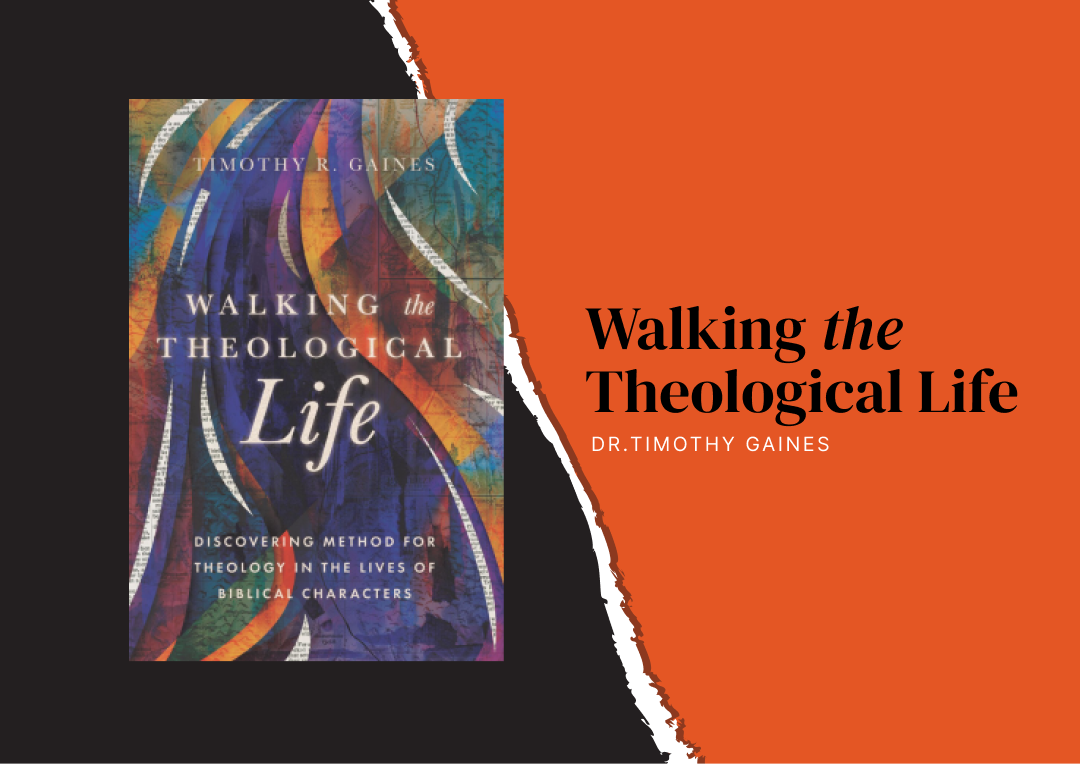Walking The Theological Life: A Book Review
“An invitation to walk the theological life is an invitation to wrestle.”
The author of this book, Dr. Timothy Gaines, is a Nashville-based professor of theology and ethics. My interest in theology stems from its colloquial definition as the study of the Divine, or more specifically, the study of God. Gaines begins with a whimsical introduction, presenting theology not as the weighty endeavour students often perceive it to be, but as a gateway to a deeper experience with the Divine—an opportunity to practice faith with the right approach.
The following quote resonates deeply with me: “An invitation to walk the theological life is an invitation to wrestle.” This encapsulates the humility that shines through the pages of this book. A Christian’s journey is often riddled with questions during times of uncertainty, and though the answers may seem simple, they are not achieved without struggle. “Walking the Theological Life” explores various archetypes of these ‘wrestlers’, whose virtues are frequently overlooked or underestimated in models of contemplating the Divine or in “doing” theology.
The chapter titled “Wrestling” instructively addresses the value of grappling with difficult questions to unearth simple answers. “Laughter,” my favourite chapter, contains my favourite quotes on thinking and living theologically: “Faithful confession requires the work of theology to devote lots of attention to how God’s Word speaks to us and the words we use in response.”
In concluding the book, Gaines challenges his readers, whether they are theology students or not, with the question, “Is theology a theoretical exercise?” He argues that theology is as practical as it is theoretical, pointing to God’s redemptive work while underscoring the responsibility to ensure that the foundational words are as strong and faithful as the actions they inspire.
What stands out about this book is the author’s honest perspective. Timothy is neither preachy nor condescending, and his writing doesn’t come across as mere academic musings hidden behind the veil of pedagogy.
This work will benefit any Christian, regardless of where they are in their faith journey, as well as the proselyte seeking resources for contemplating God and the mysteries of His grace. Each chapter concludes with a prayer and a section of questions to guide discussion and reflection. Therefore, the depth of Timothy Gaines’ work influences my notes here, serving more as meditations than a traditional book review.







